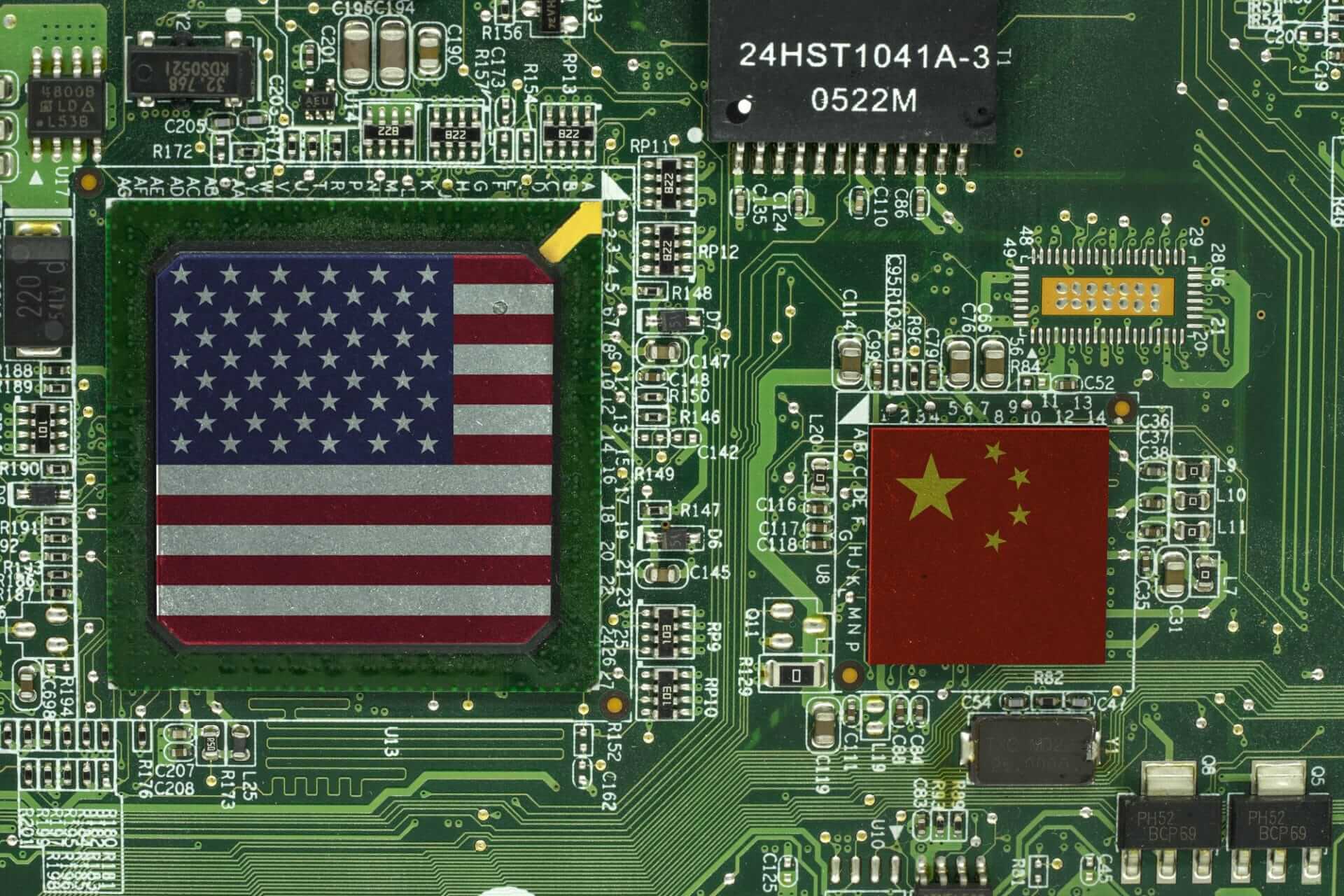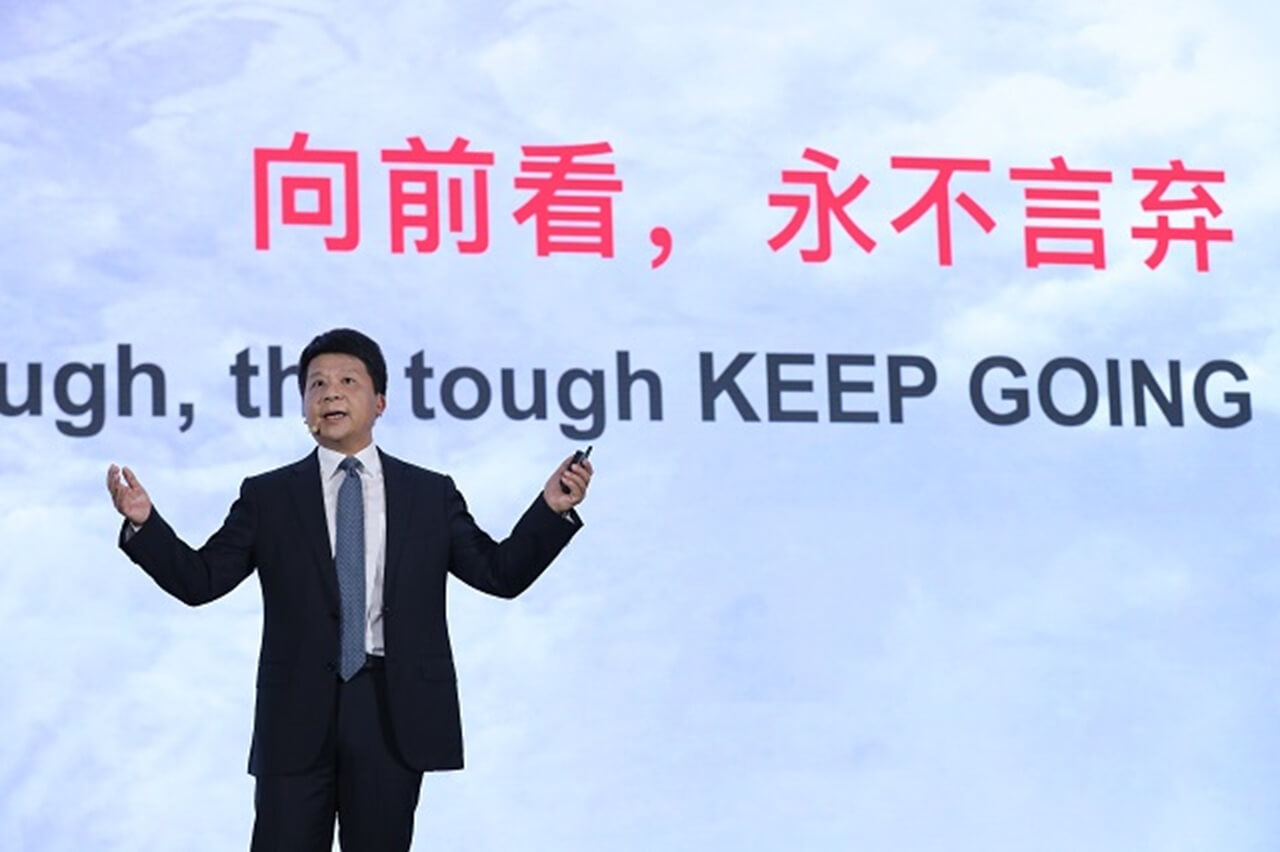A hot potato: If Huawei didn't have too much trouble avoiding the effects of the US entity list before, now it's lost its main chip supplier for mobile devices. The company says it'll weather the storm, but warned that it's ultimately suppliers who will suffer the most as a result of overly restrictive US export rules.

The Taiwan Semiconductor Manufacturing Company (TSMC) has officially halted new chip orders from Huawei after the US introduced tighter export rules for suppliers that make use of American technology to manufacture hardware or license software for Chinese companies.
The move is a hard blow for Huawei, who depends on TSMC to make most of the chips designed by its HiSilicon subsidiary and are essential for its devices. Huawei chairman Guo Ping admitted in a press statement that he expects the company's business will "inevitably be impacted," and noted that by attacking a "leading company from another country," the US acted against the interests of Huawei's customers and several global industries.

Huawei chairman Guo Ping at an analyst meeting in Shenzen
Guo further explained that "in its relentless pursuit to tighten its stranglehold on our company, the US government has decided to proceed and completely ignore the concerns of many companies and industry associations. [...] This new rule will impact the expansion, maintenance, and continuous operations of networks worth hundreds of billions of dollars that we have rolled out in more than 170 countries."
Last year, Huawei bought $18.7 billion worth of hardware and software from US suppliers, who have been doing their best to go around the export rules.
Recently, there have been reports that China would retaliate against the new rules from the US Commerce Department that affects the supply chain of local companies. However, TSMC told Reuters they were "purely market rumor," while Chinese state investors have committed $2.2 billion towards Shanghai-based Semiconductor Manufacturing International, effectively securing a 50.1 percent ownership.
Richard Yu, who directs Huawei's consumer division, wrote on WeChat that "the so-called cybersecurity reasons are merely and excuse" and that the latest move to block suppliers is a reaction to "the threat to the technology hegemony of the US."
https://www.techspot.com/news/85268-tsmc-has-halted-new-orders-huawei-response-new.html
